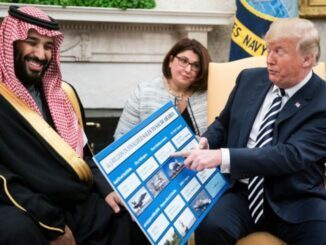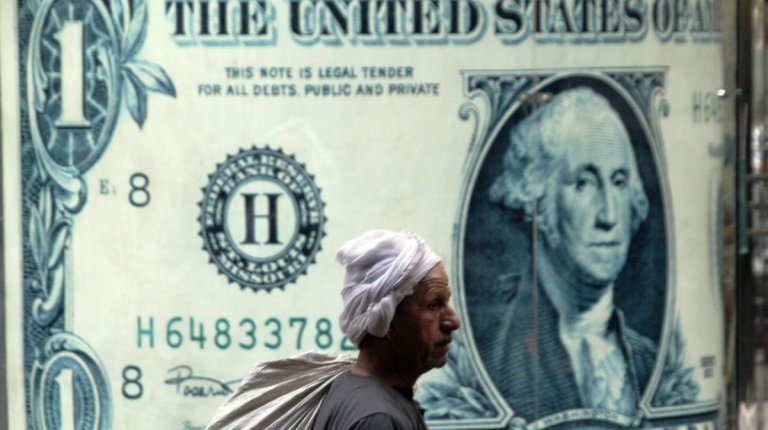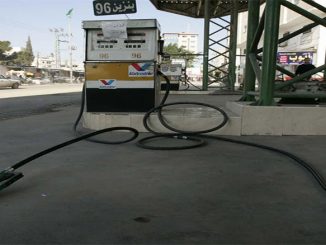
Egypt is in negotiations with the International Monetary Fund (IMF) to finalize $12 billion loan over the next three years.
The Egyptian economy has been struggling as it faced one of the harshest downfalls in its history. It suffered from a shortage of foreign currency due to the withdrawal of tourism and foreign investments which were among the main sources of foreign currency.
Moreover, the shortage of foreign currency has led to unprecedented rise of the dollar exchange rate relative to the Egyptian currency. The Central bank of Egypt (CBE) has devalued the Egyptian pound last March amid speculation of another devaluation in the coming period, in addition to a rising unemployment and a gaping budget deficit.
Egypt seeks to secure the IMF loan as a cure for its sick economy, “The sick man of the Middle East could finally be about to take a dose of financial medicine,” said Reuters in a report, adding that, “But IMF bailout remedies could themselves be a risk.”
Despite the political instability, Abdel Fattah al-Sisi has spent much on infrastructure projects and got financial aid from oil-rich Gulf states such as Saudi Arabia that expected increase the growth by 5 %this year. “But confidence in Egypt remains fragile. Spooked by security fears, foreign investors and tourists have stayed away,” said Reuters.
This crisis in confidence and the rising cost of living has fed through to the currency.
The number of tourist visitors fell by 45% year-on-year in the first quarter, according to a Reuters report. The security deterioration in Egypt has pushed tourists away from the country.
Moreover, debt markets are now pricing in a 50% probability of default on the country’s 10-year bonds. As of June, the domestic budget deficit was almost 10% of the gross domestic product. Urban consumer price inflation was running at 12.3 %, according to Reuters. Prices of basic commodities has hiked and the standard of living isn’t moving in parallel with all these changes.
In addition, the shortage of dollars has forced more Egyptians onto the black market, where they can make profit from the exchange of the Egyptian pounds for U.S. dollars. Reuters said,”Devaluations by the central bank have failed to narrow the gap, but have added to the rising cost of imports.”
In fact, the IMF has rejected two previous attempts to agree the deal with Egypt over fears of a political instability.
Reuters said, “Egypt may be running out of options. It may now have to take the cure on offer. But that carries a big risk.” It continued, “Cutbacks on government spending and subsidies are likely conditions of any deal with the fund.”
The main problem is that the IMF conditions if mishandled, it would stoke unrest which is a potentially big deal in a large, politically volatile country where the Arab Spring uprisings hit in 2011 and the government was overthrown.
Furthermore, a rejection of austerity on the streets of Cairo would be a big obstacle for the Egyptian authorities. “It could be an even bigger risk for the wider Middle East,” said Reuters.



